Newsweek Video- Terror Dominates the first decade of the 21st Century
Newsweek has done a great job at condensing the news and events of this past decade into a short 7 minute film.
Of course US news and its elections take center stage but pertinently enough Terrorism seems to have dominated this decade in more ways then one. Ofcourse some direct associations can be made with each American President and the corresponding World Wars and events also. Ironically Madonna and Britney Spear’s kiss hogs more screen time than the 26/11 terrorist attacks in Mumbai. A foreboding and predictive way in which the media is already heading towards titillation rather than truthful fact informing. If NDTV made this, would they give Rakhi Sawant’s ‘swayamvar’ more time than the Naxalite problem? Probably yes I say.
The Fort Hood attack and it’s coverage in the US is a scary example of stereo typing and even ignorant reporting. More to come on that.
So will the next ten years have a corresponding increase in headlines on Terror? What’s your prediction?





















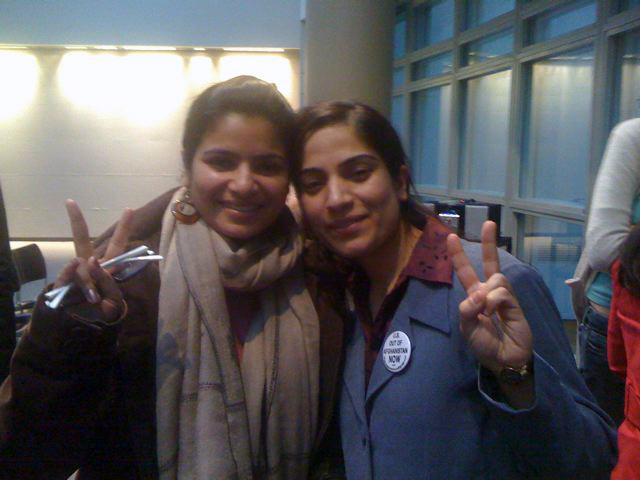

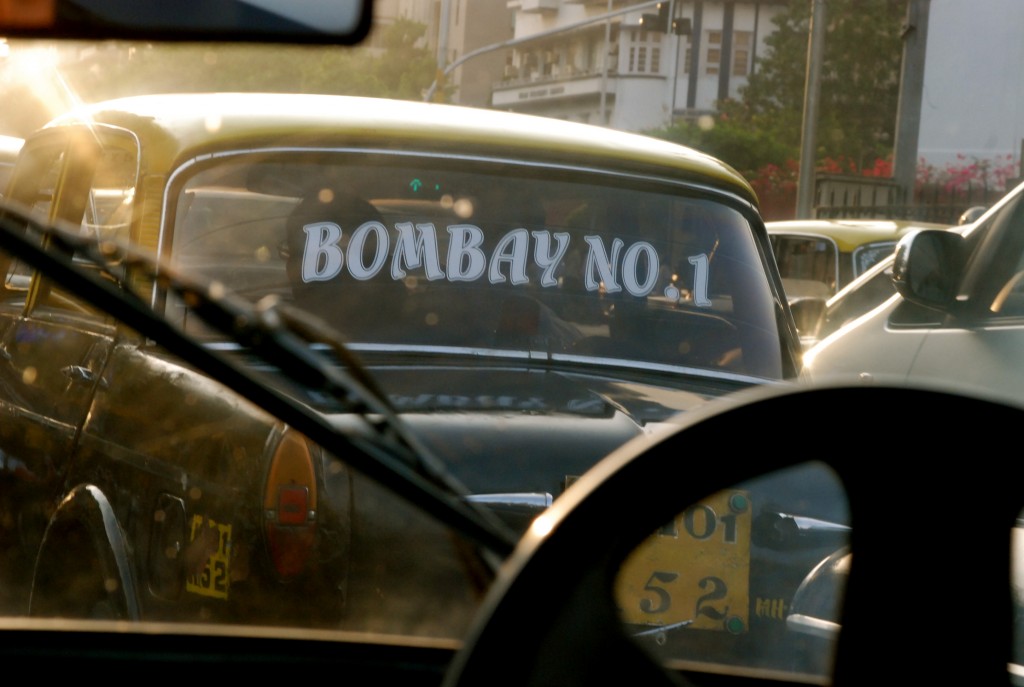
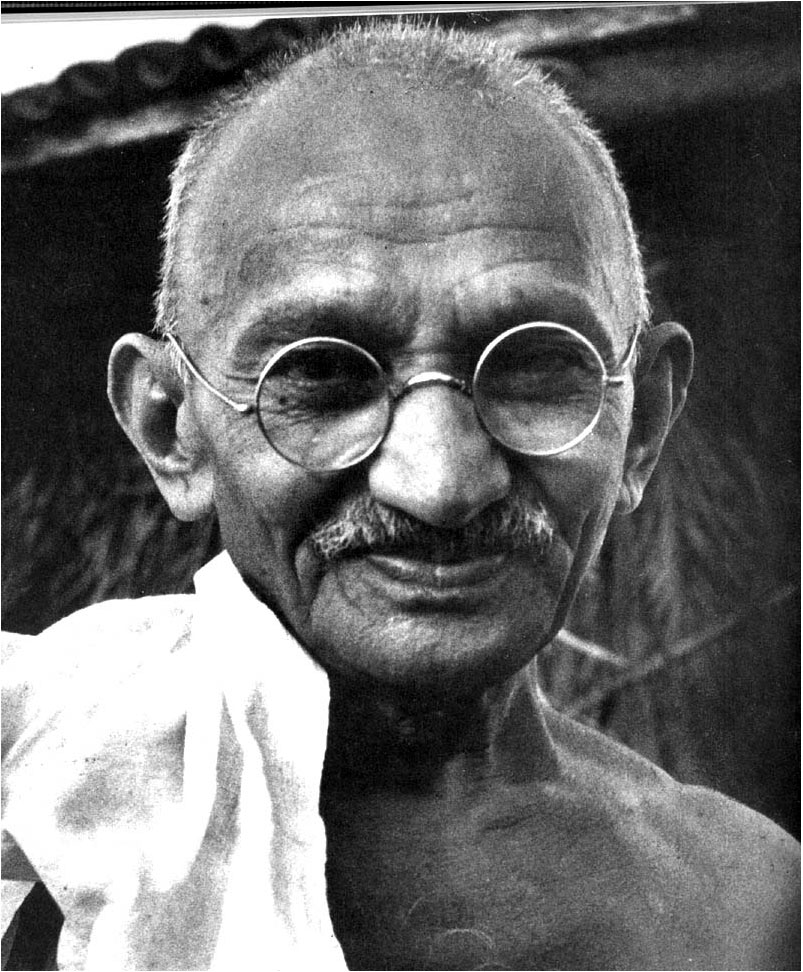
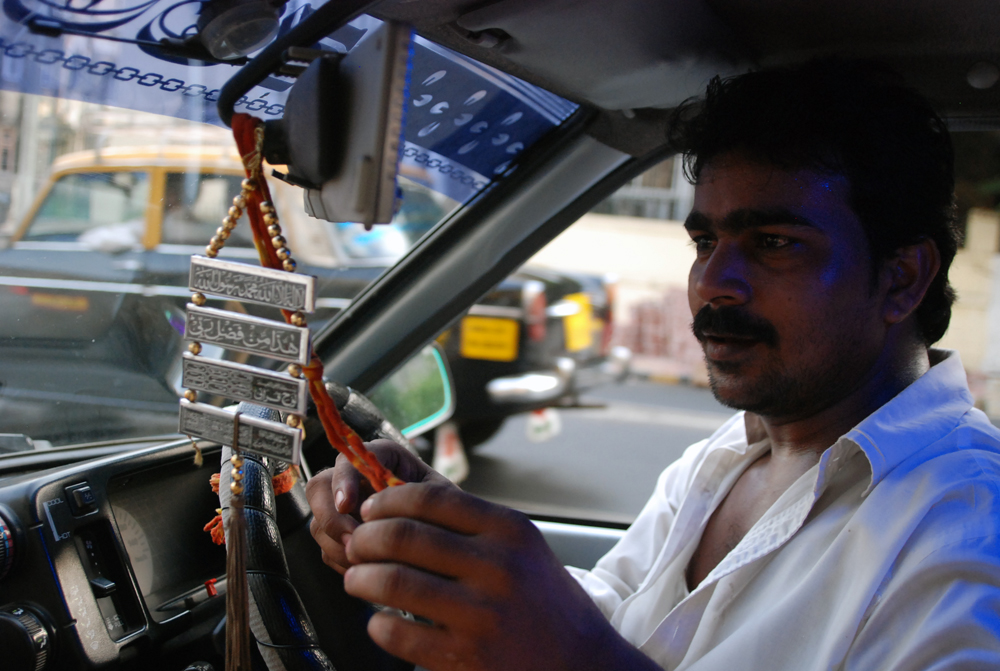
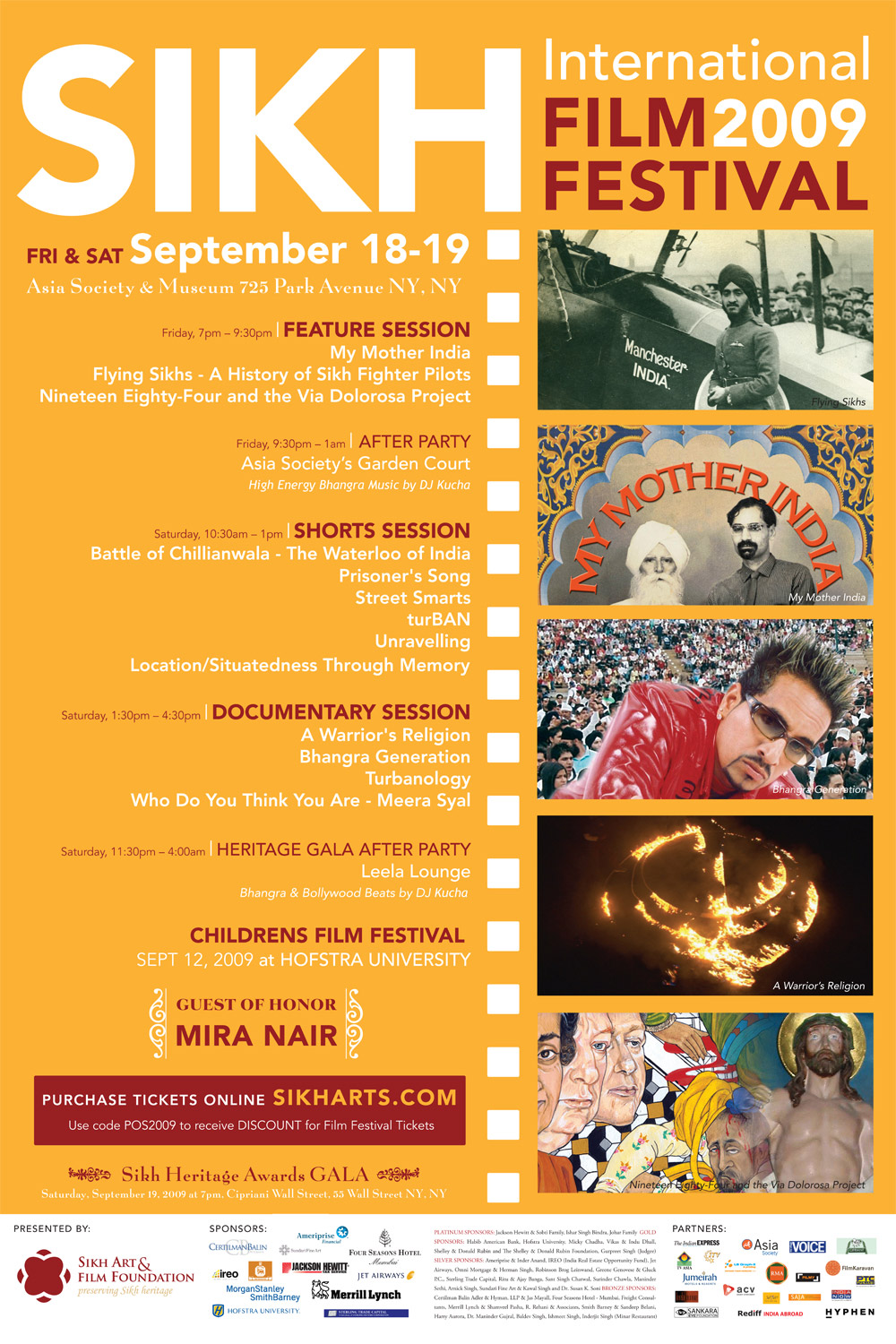










March 10th, 2010 at 2:25 am
Super-Duper site! I am loving it!! Will come back again – taking you feeds also, Thanks.it was wonderful